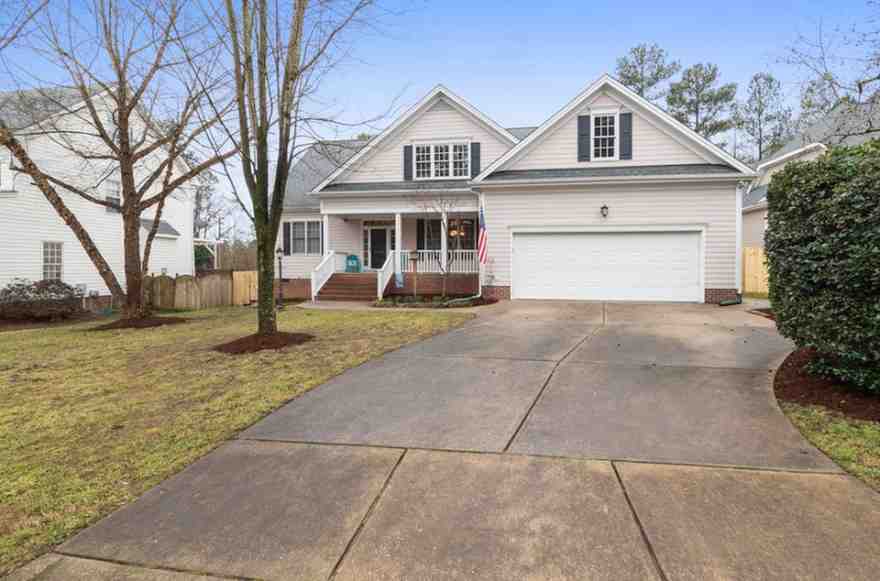Running a property management business involves juggling many tasks—keeping tenants happy, maintaining properties, and making sure everything runs smoothly. It’s not easy! But there are a few things you can do to improve how efficiently your operations run, making life easier for everyone involved.
Here are some simple, actionable ideas to help boost your efficiency, save time, and make your job as a property manager a lot easier.
Automate Routine Tasks
There are always things that take up more time than they should—collecting rent, handling maintenance requests, scheduling inspections, and processing payments. Why spend hours on something that could be done automatically?
By using property management software, you can automate many of these tasks. For example, rent collection can be done online, sending automatic reminders and tracking who has or hasn’t paid. Maintenance requests can be submitted through the software, so tenants don’t need to call or email every time they have a problem. This keeps everything organized, and you’ll never lose track of important issues.
Plus, automating these routine tasks means fewer mistakes, and less time spent on manual paperwork. It’s like freeing up your hands so you can focus on the bigger picture.
Outsource Where You Can
Sometimes, it’s just more efficient to have an expert handle certain jobs. Pest control, for instance, can be a major headache for property managers if not handled properly. You could be spending unnecessary time trying to coordinate between tenants and pest control companies, fielding complaints, and paying for large bills when an infestation gets out of control.
Instead, services like Pest Share offer an easy solution by including pest control in your rental benefits program (RBP). This way, tenants can handle pest issues directly without needing to go through you every time there’s a problem. You save time, avoid confusion, and most importantly, you prevent small pest issues from becoming major infestations.
Additionally, outsourcing other areas like landscaping, security, or cleaning can also make things run more smoothly. It frees up your time to focus on growing your business, instead of worrying about the day-to-day upkeep.
Improve Communication with Tenants
Effective communication with tenants can prevent many of the issues property managers face. When tenants know how and when to reach you, and when they feel heard, it reduces frustration on both sides.
Set up clear channels for communication—whether it’s through email, a tenant portal, or even texting. You should also establish office hours or response times, so tenants know when they can expect an answer.
It’s also helpful to provide an FAQ section for common tenant questions or concerns. This might include information about how to pay rent, request maintenance, or who to contact in an emergency. By making information easy to find, you cut down on the number of calls or emails you receive for basic questions.
This leads to fewer complaints and happier tenants, which improves your overall efficiency.
Preventative Maintenance
Taking care of small maintenance tasks before they become big problems can save you both time and money. Instead of waiting for something to break down or for tenants to report an issue, schedule regular inspections and preventative maintenance.
Things like HVAC systems, plumbing, and roofing need regular attention to stay in good shape. By setting up a schedule for inspections, you avoid emergency repairs, which can disrupt both you and your tenants. Plus, keeping up with maintenance means your properties stay in better condition, which protects their value in the long run.
Not only does this make your operations more efficient, but it also makes tenants happier because they won’t have to deal with unexpected issues like broken heaters or leaky roofs.
Use Data to Make Decisions
Tracking data can give you valuable insights into how your properties are performing. For example, you can use data to see which properties are costing the most in maintenance or which tenants are consistently late on rent.
With this information, you can take steps to address these issues. Maybe you find that one building has much higher utility costs, which might mean there’s an issue with the insulation or plumbing. Or, perhaps you notice that certain tenants always report the same problems, which could indicate the need for a more permanent fix rather than a temporary solution.
Data can help you spot patterns and make smarter decisions that will improve your property’s performance and efficiency.
Implement an Efficient Vendor Management System
As a property manager, you probably rely on a network of vendors—plumbers, electricians, cleaners, and pest control services. Managing all of them can be time-consuming and stressful, especially when you’re dealing with multiple properties.
Instead of handling everything manually, create a system where vendors can be tracked, scheduled, and evaluated based on their performance. Many property management software systems have built-in tools to help with this. You can store vendor contact details, track past work, and even automate payments.
Having a streamlined vendor management system saves you the trouble of scrambling to find the right person at the last minute, ensuring that maintenance and repairs happen quickly and efficiently.
Tenant Screening
Filling vacancies with the right tenants can make a huge difference in your operations. The more reliable the tenant, the fewer issues you’ll face when it comes to rent payments, property care, and complaints.
Make sure your tenant screening report process is thorough, including credit checks, employment verification, and reference checks. This may seem like it takes extra time upfront, but it saves you a lot of time and stress later on. By ensuring you’re renting to responsible tenants, you reduce turnover, property damage, and rent collection problems.
Digital Document Management
Dealing with paperwork is one of the biggest time wasters for property managers. From leases and contracts to maintenance logs and inspection reports, there’s a lot to keep track of.
Moving to a digital document management system can save you time and space. Instead of keeping hard copies of everything, scan and store documents online. This allows you to access files quickly when needed, search for specific information, and share documents with tenants, owners, or vendors instantly.
Plus, it keeps everything organized, so you don’t have to spend time digging through filing cabinets or looking for misplaced documents.
Making small improvements in how you handle day-to-day operations can have a big impact on your overall efficiency. By automating where you can, staying on top of maintenance, and using data and technology to your advantage, you’ll find that managing properties becomes a lot smoother.
Being proactive, rather than reactive, will not only save time but also keep tenants happy, which helps your business grow. And when pest control is already included as part of your rental benefits package, you won’t have to worry about managing complaints or dealing with expensive infestations. You’ll free up more of your time to focus on what really matters—running and expanding your property management business.






